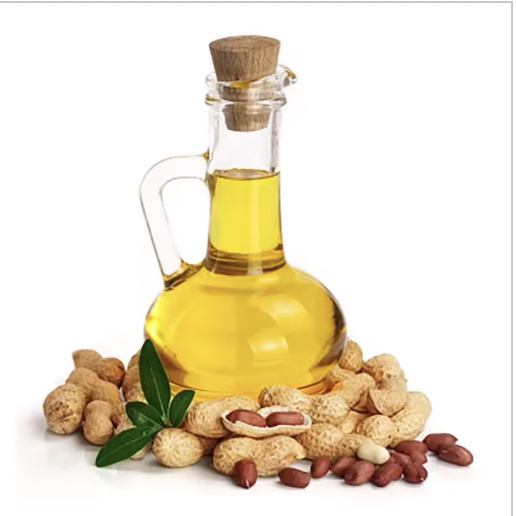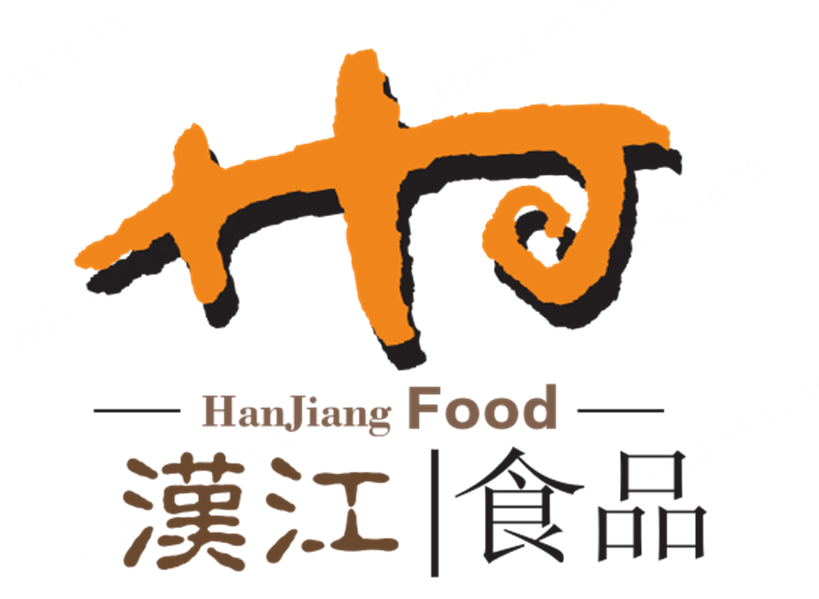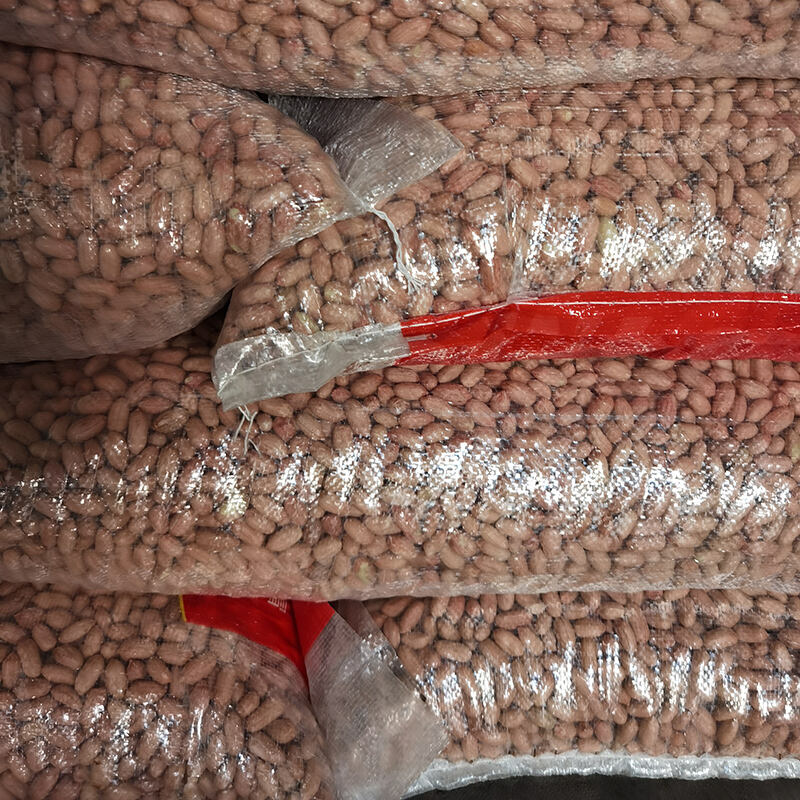Understanding Global Market Requirements for Commercial Peanut Oil
The international trade of bulk peanut oil represents a significant segment of the global edible oils market. With increasing demand for high-quality cooking oils and growing awareness of health benefits, the standards governing bulk peanut oil have become more stringent and comprehensive. This article explores the essential quality parameters, regulatory requirements, and market expectations that shape the global bulk peanut oil trade.
Quality Parameters for Bulk Peanut Oil
Physical Properties and Chemical Composition
The quality of bulk peanut oil is primarily determined by its physical and chemical characteristics. The oil must maintain specific parameters for color, clarity, and viscosity. Premium bulk peanut oil typically exhibits a light golden color and clear appearance. The chemical composition should indicate low free fatty acid content, typically below 0.5%, and a peroxide value under 10 meq/kg, ensuring the oil's stability and shelf life.
Moisture content plays a crucial role in quality assessment, with acceptable levels typically below 0.1%. The refractive index, specific gravity, and iodine value must also fall within established ranges to meet international trading standards. These parameters not only affect the oil's functionality but also its market value.
Purity and Contamination Standards
International markets maintain strict standards regarding contaminants in bulk peanut oil. Aflatoxin levels must be monitored closely, with most markets requiring levels below 20 parts per billion. Heavy metals, pesticide residues, and other chemical contaminants must meet specific threshold limits established by regulatory bodies such as the Codex Alimentarius Commission.
The presence of foreign materials, including suspended particles or sediment, must be minimal. Modern processing facilities employ multiple filtration steps to ensure the final product meets these stringent purity requirements. Regular testing and certification from accredited laboratories help verify compliance with these standards.
International Regulatory Compliance
Documentation and Certification Requirements
Trading bulk peanut oil in the global market requires extensive documentation. Essential certificates include Certificate of Analysis (COA), Certificate of Origin, and phytosanitary certificates. Many markets also require additional certifications such as Kosher, Halal, or organic compliance certificates, depending on the target market and intended use.
Quality management systems certification, such as ISO 22000 or FSSC 22000, has become increasingly important for manufacturers and exporters. These certifications demonstrate commitment to food safety and quality management, often serving as prerequisites for entering major international markets.
Regional Compliance Variations
Different regions maintain specific requirements for bulk peanut oil imports. The European Union enforces strict regulations through its General Food Law and specific directives for edible oils. The FDA in the United States focuses on safety parameters and labeling requirements, while Asian markets often emphasize traditional quality indicators like color and odor.
Understanding and adapting to these regional variations is crucial for successful international trade. Exporters must ensure their production processes and documentation align with destination market requirements, often necessitating multiple certification approaches.
Storage and Transportation Standards
Bulk Storage Requirements
Proper storage of bulk peanut oil is essential for maintaining quality. Storage tanks must be food-grade, typically constructed from stainless steel or approved materials that prevent contamination and oxidation. Temperature control systems should maintain optimal storage conditions between 20-25°C, while humidity levels require careful monitoring.
Regular cleaning and maintenance protocols for storage facilities must comply with HACCP principles. Documentation of storage conditions, including temperature logs and cleaning records, forms an integral part of quality assurance systems.

Transportation Guidelines
The transportation of bulk peanut oil requires specialized equipment and careful handling. Tankers must be food-grade certified and thoroughly cleaned between shipments. Temperature control during transport is critical, particularly for long-distance international shipping where exposure to varying environmental conditions can affect quality.
Documentation for transportation includes cleaning certificates, temperature monitoring records, and chain of custody documentation. Many markets require specific certifications for transportation vessels and handling procedures to ensure product integrity throughout the supply chain.
Future Trends in Quality Standards
Sustainability Requirements
Environmental considerations are increasingly influencing bulk peanut oil standards. Markets are beginning to demand evidence of sustainable farming practices, responsible water usage, and reduced carbon footprints in production processes. Certification programs focusing on sustainability are gaining prominence in international trade requirements.
The implementation of blockchain technology for traceability and the adoption of renewable energy in processing facilities represent emerging trends in quality assurance systems. These developments reflect growing consumer awareness and demand for environmentally responsible production methods.
Technology Integration
Advanced testing methods and real-time monitoring systems are becoming standard in quality control processes. Spectroscopic analysis, automated sampling systems, and continuous monitoring devices provide more accurate and consistent quality assessment. Digital documentation systems and cloud-based quality management platforms are streamlining compliance procedures.
The integration of artificial intelligence and machine learning in quality control processes is expected to further enhance precision in meeting international standards. These technological advancements are reshaping how quality parameters are monitored and verified in the bulk peanut oil industry.
Frequently Asked Questions
What determines the grade of bulk peanut oil?
The grade of bulk peanut oil is determined by several factors including free fatty acid content, peroxide value, color, clarity, and the presence of impurities. Higher grades typically feature lower free fatty acid levels, lighter color, and superior clarity while meeting all safety and purity standards.
How long can bulk peanut oil be stored?
Under optimal storage conditions (cool, dry, dark environment in proper food-grade containers), bulk peanut oil can typically be stored for 12-18 months. However, regular quality testing is essential to ensure maintained compliance with standards throughout the storage period.
What certifications are essential for international trade?
Essential certifications include ISO 22000 or FSSC 22000 for food safety management, GMP certification, HACCP compliance, and product-specific certifications like Kosher or Halal where required. Additional regional certifications may be necessary depending on the target market.

 EN
EN
 DA
DA
 AR
AR
 NL
NL
 FI
FI
 FR
FR
 DE
DE
 EL
EL
 HI
HI
 IT
IT
 JA
JA
 KO
KO
 NO
NO
 PL
PL
 PT
PT
 RU
RU
 ES
ES
 SV
SV
 TL
TL
 ID
ID
 SR
SR
 UK
UK
 VI
VI
 HU
HU
 TH
TH
 TR
TR
 FA
FA
 AF
AF
 MS
MS
 GA
GA
 MK
MK
 HY
HY
 KA
KA
 BN
BN
 LA
LA
 MN
MN
 NE
NE
 MY
MY
 KK
KK
 UZ
UZ
